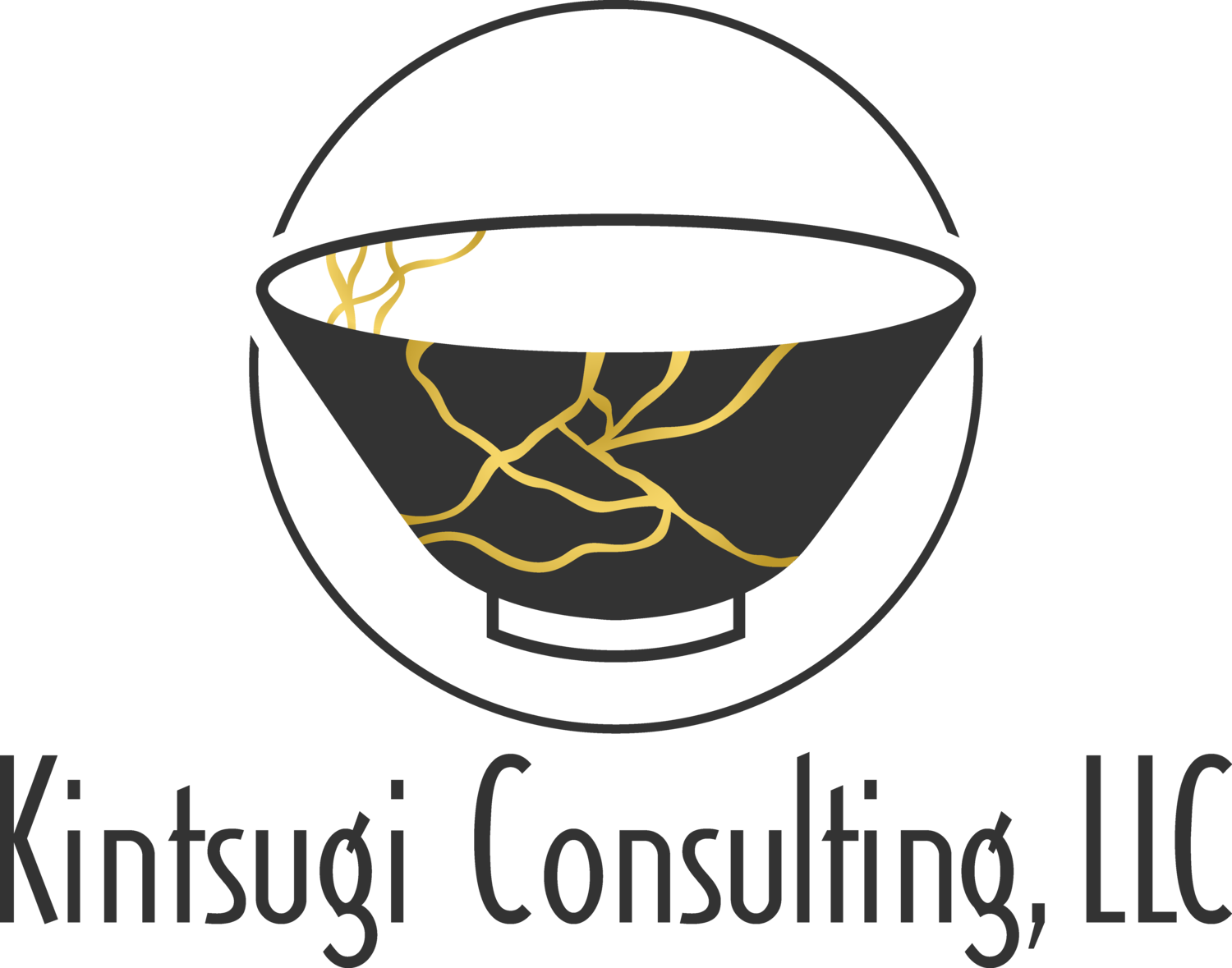Welcome!
A Little Bit About Me…
Hey Everyone! Welcome to the Kintsugi Consulting, LLC OFFICIAL website. This has been a concept-in-the-making and dream of mine for quite some time, and I am incredibly excited to finally see this taking off and becoming a reality. I’m well aware that you can find professional information about me from this website, LinkedIn, and a resume (which is always available upon request!); but I want to give you a little more insight into who I am and why I am so passionate about disability, inclusion, and equity education/awareness!
I was diagnosed with type 1 diabetes at age 3, so requesting and advocating for things I needed to be successful and healthy has been at the forefront of many of my experiences. As someone with an invisible disability I had to learn to navigate accommodations in school with a 504 Plan, and then translate those necessary accommodations into employment positions. The things that I needed (and still need) to be successful may not make sense to others who don’t understand diabetes; especially when they are not day-to-day needs, but more often situational accommodations based on blood sugar levels. My desire to advocate for my own healthcare needs led me to be involved with a summer camp for kids with type 1 diabetes; and I was the Program Coordinator for rising 3rd-5th graders for 10 years. My driving passion was ensuring that kids like me had the opportunity to enjoy a summer camp experience, not feel isolated and like “the only one” with diabetes, and provide interactive educational opportunities to increase self-esteem, pride in their diabetes, and build some diabetes-specific skills along the way.
In college I was also diagnosed with generalized anxiety, another invisible disability that comes with more stigma that diabetes. Learning to navigate something I did not understand or know how to handle was very challenging, especially when mental health is a taboo topic that people don’t feel comfortable discussing. Through skill building and counseling I was able to find the individualized tools I needed in order to feel like I was in control of those overwhelming emotions and feelings.
Having diabetes and anxiety has taught me so much about the individuality of disabilities. Being part of a team of other adults with diabetes in a camp environment made it very clear that what works, doesn’t work, is needed, etc. may work for one person and not for another. There is no template that can be utilized for every single person - and overarching “blanket statement” stereotypes can result in the dehumanizing process of seeing a person based on a one-dimensional label. Diabetes, like all disabilities, is a disability that needs to be approached in an individualized manner where the person who has the disability is acknowledged and respected. This is the same with anxiety. The coping skills and medication combinations are different for everyone; and not everyone needs medication, nor does everyone need or benefit from therapy and different coping skills.
This belief of the uniqueness of disabilities was further cemented when I began employment at a Center for Independent Living. This is where I became more familiar with other disability types and my passion to advocate for inclusion, education, awareness, and representation began to grow exponentially. Throughout other employment opportunities I have had, my focus and passion always falls back to “how can we make these services inclusive?"“ and “what are the opportunities to adapt content to be accessible to people with all types of disability?”. I am a big advocate in acknowledging the intersectionality of different minority populations and believe that until we understand the impact that history has made on different minority groups (and the intersection of multiple groups that have experienced oppression and abuse), there is not an authentic way to address the issues occurring presently. To understand someone, it is essential to understand the barriers they and others before them have faced and how that may impact decisions and beliefs today.

